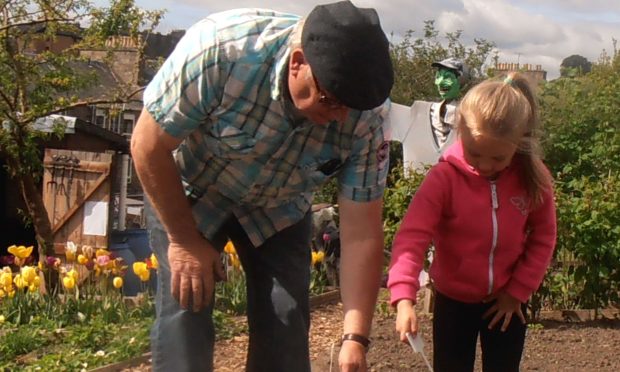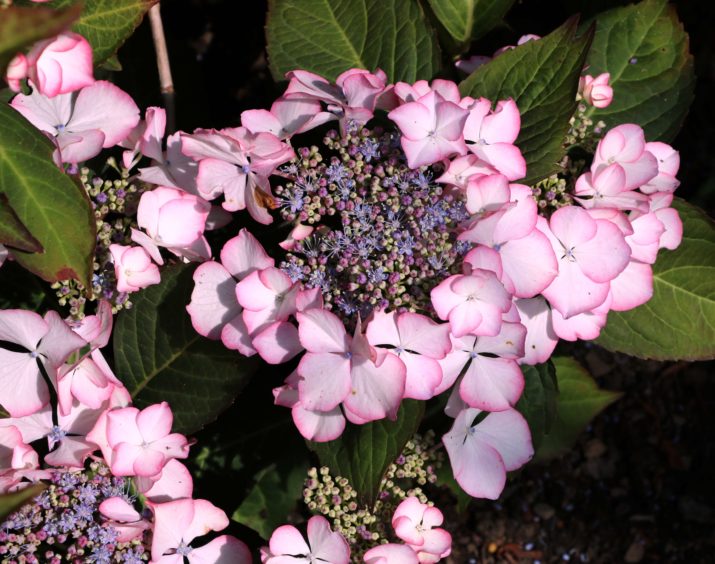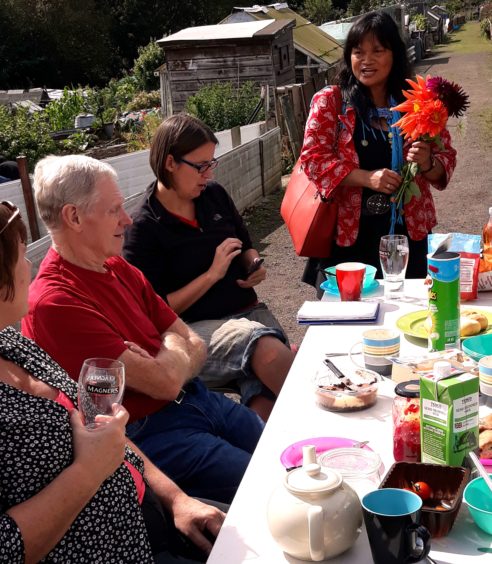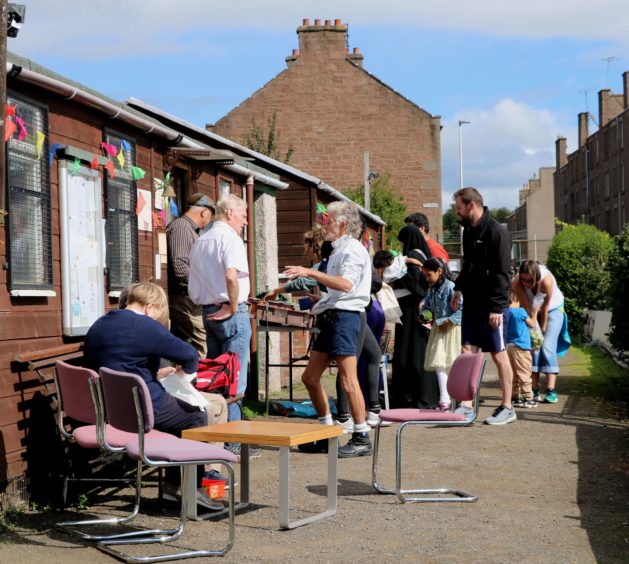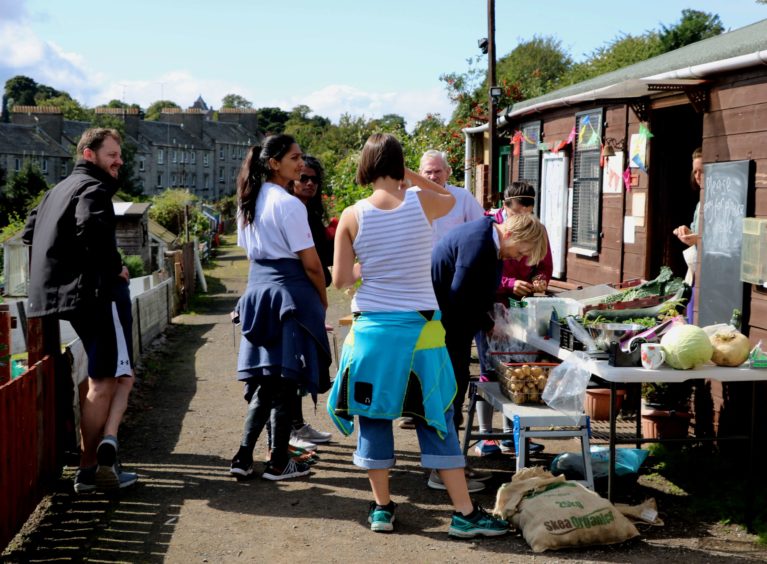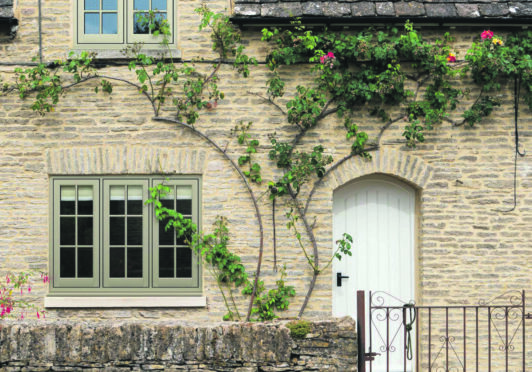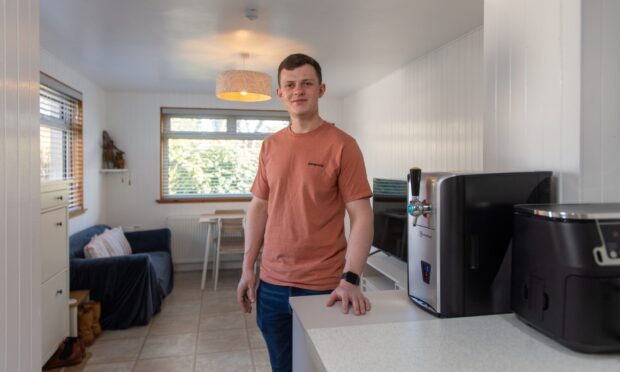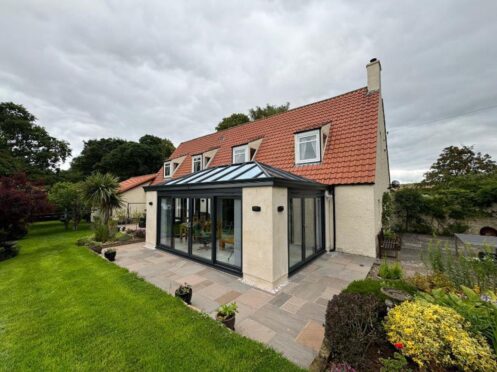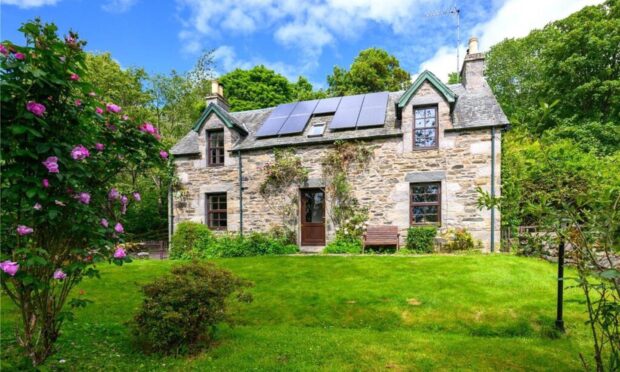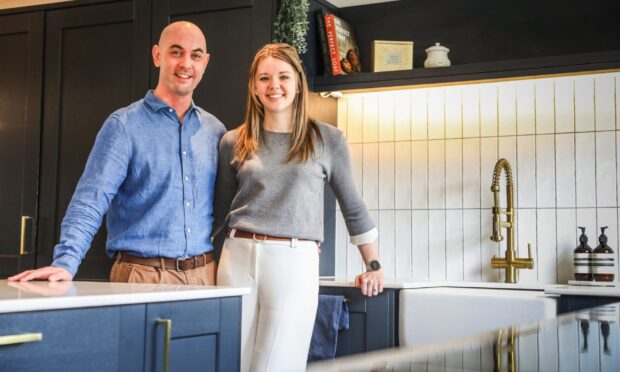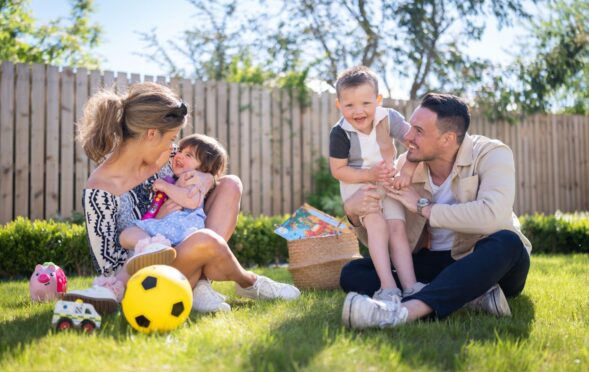John Stoa goes on a trip down memory lane at the allotment.
I got my first allotment when I was a mere young lad of 16, not long started as an apprentice gardener and looking for ways to learn all about gardening.
The plot had a greenhouse and as it was on the Law Hill the views were brilliant, and at weekends pop music was played from Dens Park before the match began.
Other plot holders were all very helpful and I was in my element.
As horticulture took me all over the UK I still longed for an allotment so when I went to Darlington I got a huge plot at Barmpton Lane, twice normal size at 600 square yards.
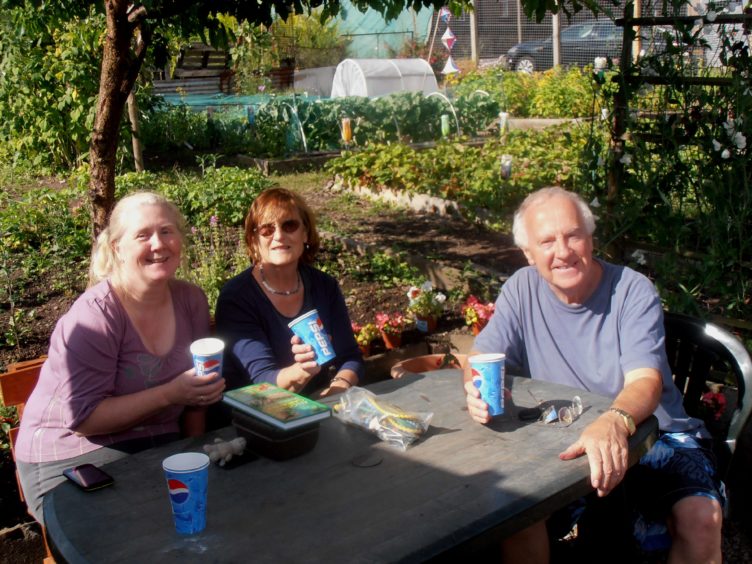
My ambition was to become self-sufficient all year round with fruit, vegetables.
Eventually my career took me back home to Dundee when I took an interest in growing Saskatoon fruit bushes and needed some land to grow them on.
So I ended up at City Road allotments about 10 years ago.
The site has over 60 plots of varying sizes on a south-facing slope with good soil.
We have communal sheds, a shop open at weekends, toilets and there is plenty parking on City Road.
The site is leased by the council and managed internally by a committee.
Over time all the plot holders get to know one another as they seek information on growing something new.
People lead busy lives so they need to wind down by getting back to nature growing fresh fruit and vegetables.
Today many folk live in flats and modern houses tend to have had the gardens paved over with slabs, concrete and granite chips, so they need an allotment.
Plot holders get plenty fresh air and exercise, and there is a strong social side as we keep the communal sheds well stocked with tea, coffee and milk and someone always brings in a few savouries or some home baking.
However it sometimes comes as a bit of a shock with new plot holders as their wee bits of garden need some hard graft to dig them over and keep those weeds down.
Then just when you think you are winning, the pigeons, caterpillars, mice, greenfly and numerous diseases arrive when your backs turned and start to chomp away at your prize fruit and vegetables, and that’s not the end of problems down on the land.
Gales, thunderstorms, occasional snow flurries, drought and tropical temperatures all arrive to test your temperament.
But we keep on trying as the rewards more than make up for it.
For older folk it is a means of keeping in touch with the gardening community, and for the younger folk with kids a great way to let them see where their food comes from.
Our plot holders come from all corners of the globe bringing with them plants from their native countries.
It is interesting to see sweet potatoes, kiwis, Chinese cabbage, saskatoons, figs, chokeberries and many plots have grapes growing outdoors as well as under glass.
The social side of allotment life has developed as work party volunteers get together to tackle overgrown plots, path repairs, hut repairs and painting, burst water pipes and recently the creation of flower borders near the entrance and along City Road so our site is an attractive with flowers in bloom from spring till winter.
Then we have our Open Day in summer and participate in the Doors Open Event in autumn so the public are invited in to see how we look after our plots.
We have recently gained charity status so now we can apply for grants to improve our site.
Our next project once we get funding will be to create a plot suited for disabled gardeners so there will be raised beds and good access, and improved toilet facilities.
The social side of allotment life often ends the growing season with a party with good food, a wee drink and a fair bit of singing and dancing where space permits.
We must have impressed the judges when we entered the Dundee City Council allotments competition.
Our site took the top award and one of our plot holders won the best plot in town for the second year running.
Wee jobs to do this week
Hydrangea Charme is looking great this year and is easy to propagate with young shoots used as cuttings, taken about four inches long and cut across the stem just below a pair of leaves, and then remove all large leaves.
Place about three or four cuttings around a pot filled with free draining compost and water in.
Place cuttings in a warm but shady place and cuttings should be well rooted towards the end of autumn and ready to pot up.
